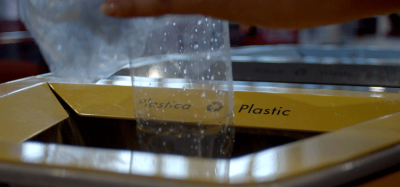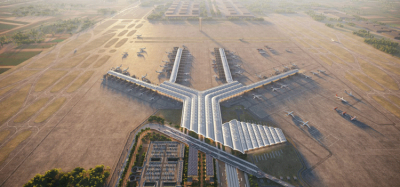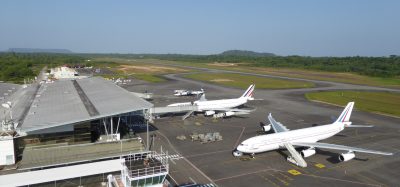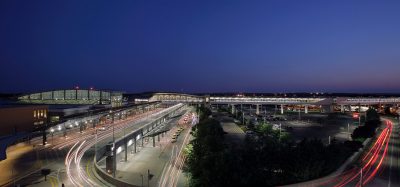UK Chancellor puts freeze on passenger duty – but has it gone far enough?
Posted: 22 November 2017 | George Smith (International Airport Review) | No comments yet
In his autumn budget, Chancellor Philip Hammond put a freeze on short-haul Air Passenger Duty (APD) for two years. But many don’t think he’s gone far enough.
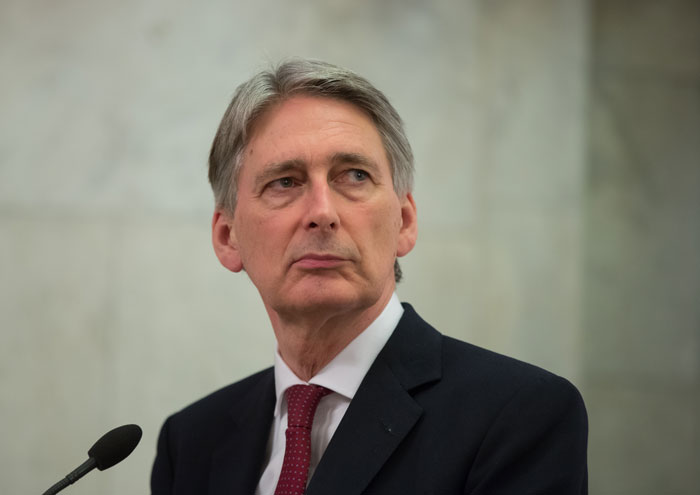

FREEZE: This is the third year in a row short-haul passenger duty has stayed where it is.
In an apparent minor concession to pressure piled upon him from the airport industry, the UK Chancellor has announced a continuation on the freeze of short-haul APD – but long-haul is up 4 per cent.
For flights below 2,000 miles, passengers will continue to pay an additional £13 for economy fares, £26 for higher classes and £78 for for travel in aircraft of 20 tonnes or more equipped to carry fewer than 19 passengers.
This means that for the third year in a row the fees on short-haul will not move. But long-haul is a different story. Since 2015, long-haul duty has gone up by an average of 3.2 per cent every year. Since the tax was introduced in 1993 it has increased by 260 per cent for short-haul economy flights and 780 per cent for long-haul economy flights.
Free webinar – The future of asset management in global aviation
15 January, 2026, 02:00PM GMT
Join this virtual panel to hear from some of the AtkinsRéalis and aviation sector experts as we discuss how asset management is changing and the impact it will have on the future operations of airports throughout the world.
In September, Heathrow put pressure on Mr Hammond to scrap the duty in his Autumn Budget and though the freeze may be perceived as a slight concession, the response from many in the airport industry has been far from positive.
“It’s disappointing that the chancellor has missed the opportunity of reforming short-haul air passenger duty (APD). Smaller airports need help to compete on a level playing field particularly with Brexit around the corner,” said Glyn Jones, Chief Executive Officer of Stobart Aviation, owners of London Southend Airport.
“A partial freeze on the tax is woefully short of what we need. It should be removed from smaller airports which would encourage airlines to base more flights outside the larger airports.
“Smaller airports need a reasonable return on the significant capital that is invariably invested. It’s not difficult to see what the result of increasing costs and falling demand due to Brexit could have on these businesses.
“An APD reduction would help address the capacity crisis, particularly in the south east, which so often exacerbates the delays passengers face.”
Chief Executive of the AOA, Karen Dee said: “We welcome the Chancellor’s recognition that Air Passenger Duty (APD) is a burden on families and businesses and has taken the decision to freeze it. However, UK APD remains double the next highest rate in the EU so it is disappointing that the Chancellor has not gone further to address the competitive disadvantage this creates for the UK.
“Aviation is crucial to connecting the UK to the existing and emerging markets that will be vital to our post-Brexit future. APD is a “tax on trade” that holds back growth in the UK’s international connectivity and hits people and businesses travelling to enhance our global trading relationships as well as the tourism industry that contributes so much to all UK regions.
“The AOA also believes that any cut in APD anywhere in the UK should be matched by a cut everywhere else. For that reason, the UK Government should commit to match APD to the Scottish Government’s planned Air Departure Tax, regardless of the delayed introduction announced today and should ensure that the planned review of APD in Northern Ireland looks at APD across the whole of the UK.”
Commenting on the announcement of further investment in transport infrastructure, Karen Dee added: “Investing in transport infrastructure is a powerful way to boost economic growth and productivity.
“Improving the transport links to airports – the UK’s international gateways – to reduce average journey times by just 5% would create an additional £1.9 billion for the UK economy and supporting an additional 32,000 jobs.
“AOA will be working with Government, nationally and locally, to ensure that this is at the forefront of their minds as they invest the funding announced today.”
Stay Connected with International Airport Review — Subscribe for Free!
Get exclusive access to the latest airport and aviation industry insights from International Airport Review — tailored to your interests.
✅ Expert-Led Webinars – Gain insights from global aviation leaders
✅ Weekly News & Reports – Airport innovation, thought leadership, and industry trends
✅ Exclusive Industry Insights – Discover cutting-edge technologies shaping the future of air travel
✅ International Airport Summit – Join our flagship event to network with industry leaders and explore the latest advancements
Choose the updates that matter most to you.
Sign up now to stay informed, inspired, and connected — all for free!
Thank you for being part of our aviation community. Let’s keep shaping the future of airports together!
Related topics
Aeronautical revenue, Economy, Passenger experience and seamless travel




